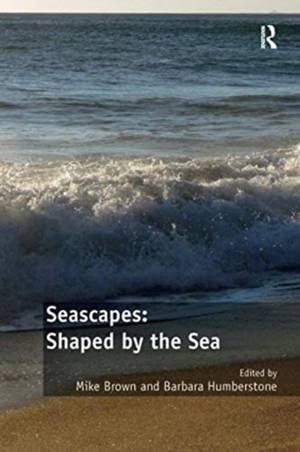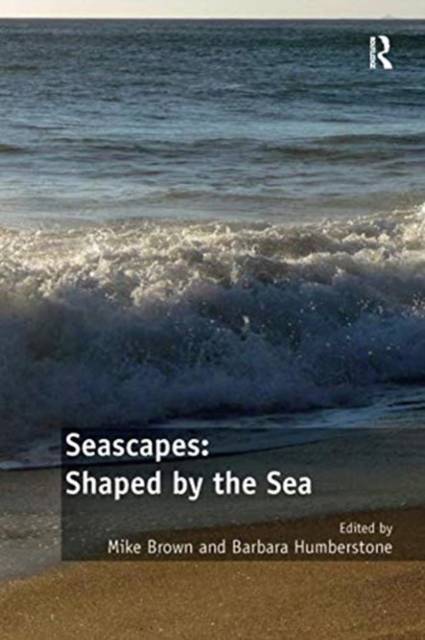
- Afhalen na 1 uur in een winkel met voorraad
- Gratis thuislevering in België vanaf € 30
- Ruim aanbod met 7 miljoen producten
- Afhalen na 1 uur in een winkel met voorraad
- Gratis thuislevering in België vanaf € 30
- Ruim aanbod met 7 miljoen producten
Zoeken
€ 67,95
+ 135 punten
Uitvoering
Omschrijving
Despite the fact that the sea covers 70 per cent of the Earth's surface, and is integral to the workings of the world, it has been largely neglected or perceived as marginal in modern consciousness. This edited collection disrupts notions of the sea as 'other', as foreign and featureless, through specific, situated accounts which highlight the centrality of the sea for the individuals concerned. Bringing together academics who combine scholarly expertise with lived experiences on, in and with the sea, it examines humans' relationships with the sea. Through the use of auto-ethnographic accounting, the contributors reflect on how the sea has shaped their sense of identity, belonging and connection. They examine what it is to be engaged with the sea, and narrate their lived, sentient, corporeal experiences. The sea is a cultural seascape just as it is physical reality. The sea shapes us and we, in turn, attempt to 'shape it' as we construct various versions of it that reflect our on-going and mutable relationship with it. The use of embodied accounts, as a way of conveying lived-experiences, and the integration of relevant theoretical frames for understanding the broader cultural implications provide new opportunities to understand seascapes.
Specificaties
Betrokkenen
- Auteur(s):
- Uitgeverij:
Inhoud
- Aantal bladzijden:
- 216
- Taal:
- Engels
Eigenschappen
- Productcode (EAN):
- 9781138546660
- Verschijningsdatum:
- 12/02/2018
- Uitvoering:
- Paperback
- Formaat:
- Trade paperback (VS)
- Afmetingen:
- 156 mm x 233 mm
- Gewicht:
- 399 g

Alleen bij Standaard Boekhandel
+ 135 punten op je klantenkaart van Standaard Boekhandel
Beoordelingen
We publiceren alleen reviews die voldoen aan de voorwaarden voor reviews. Bekijk onze voorwaarden voor reviews.











